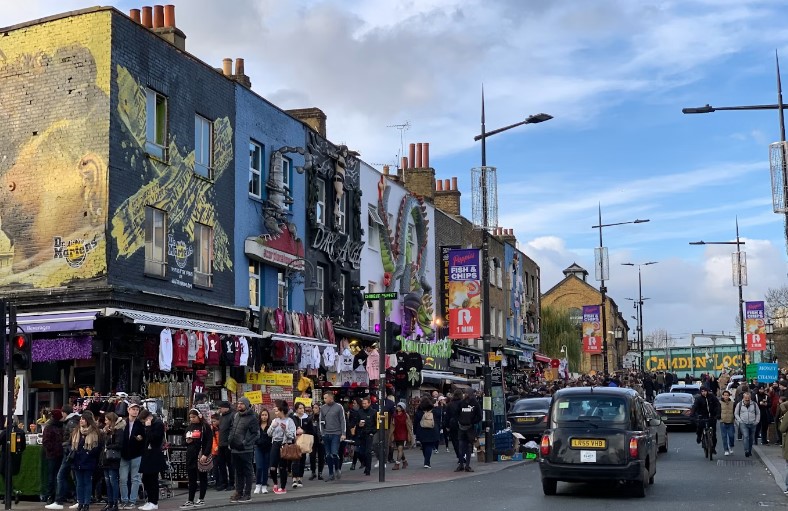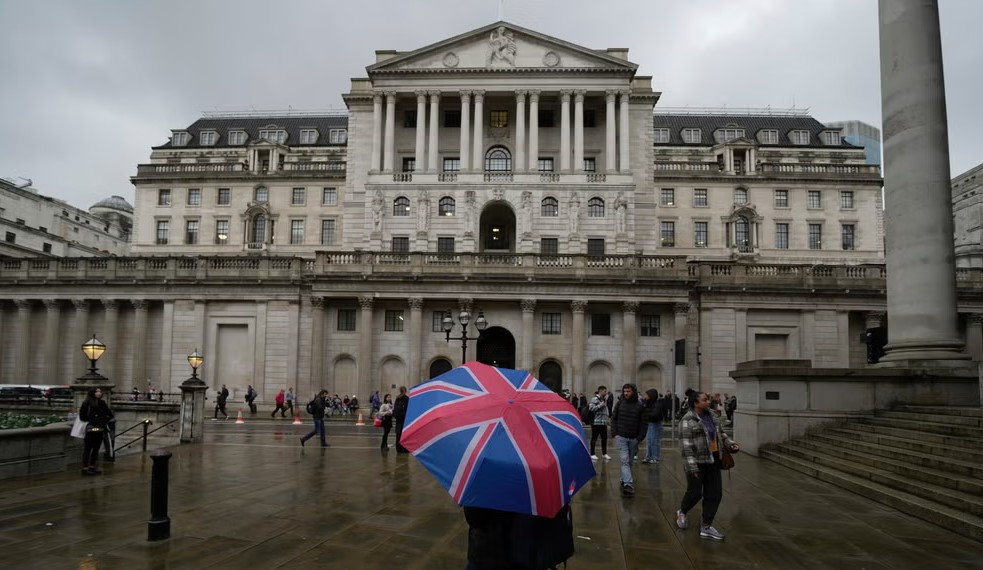Governor Andrew Bailey affirmed on Thursday that Britain’s economy is on a favorable trajectory, signaling a potential shift towards interest rate cuts by the Bank of England. This sentiment coincided with two members of the Bank’s interest rate-setting committee withdrawing their support for a rate hike.
The Monetary Policy Committee (MPC) of the BoE voted 8-1 in favor of maintaining borrowing costs at their 16-year peak of 5.25%.
Notably, the two officials who had previously advocated for raising rates altered their positions, contrary to expectations among most economists surveyed by Reuters, who anticipated at least one member to persist in advocating for a rate hike.
Jonathan Haskel and Catherine Mann both aligned with the majority consensus in favor of maintaining the status quo. Swati Dhingra, once again, remained the solitary voice advocating for a reduction in the Bank Rate to 5.0%.

Bailey acknowledged “further encouraging signs” indicating a downward trend in inflation. However, he emphasized the necessity for the Bank of England to attain greater certainty regarding the containment of price pressures before contemplating any adjustments to interest rates.
“We’re not yet at the point where we can cut interest rates, but things are moving in the right direction,” he said in a statement.
Following the announcement, British government bonds experienced a rally, while sterling weakened against both the dollar and the euro. The five-year gilt yield plummeted to its lowest level since the BoE’s previous policy meeting on February 5, declining by 11 basis points on the day.
Investors marginally increased their expectations of interest rate cuts extending into 2024, with a 76% probability of an initial cut in June, and complete pricing in of a 75 basis points reduction by December.
Earlier this Thursday, the Swiss National Bank took the initiative to lower its primary interest rate, marking the first significant central bank to ease monetary policy in response to the global inflation surge.
Meanwhile, in Britain on Wednesday, data revealed that consumer price growth had descended to its lowest point in nearly two and a half years.

Despite this, the Bank of England (BoE) emphasized that key indicators regarding the persistence of inflation remained notably elevated.
Additionally, the BoE noted that Britain’s labor market sustained a relatively tight condition despite some loosening, and there were indications that elevated borrowing costs were exerting pressure on the economy.
Marion Amiot, Senior European Economist at S&P Global Ratings, remarked, “The Bank of England will need to see a lot more moderation in wages and services prices before it starts cutting rates,” and anticipated that the first-rate cut might not occur until August.
Additionally, Britain’s headline inflation rate, which peaked at over 11% in October 2022, contributing to a historic squeeze on living standards, remained the highest among the Group of Seven nations in February, standing at 3.4%.